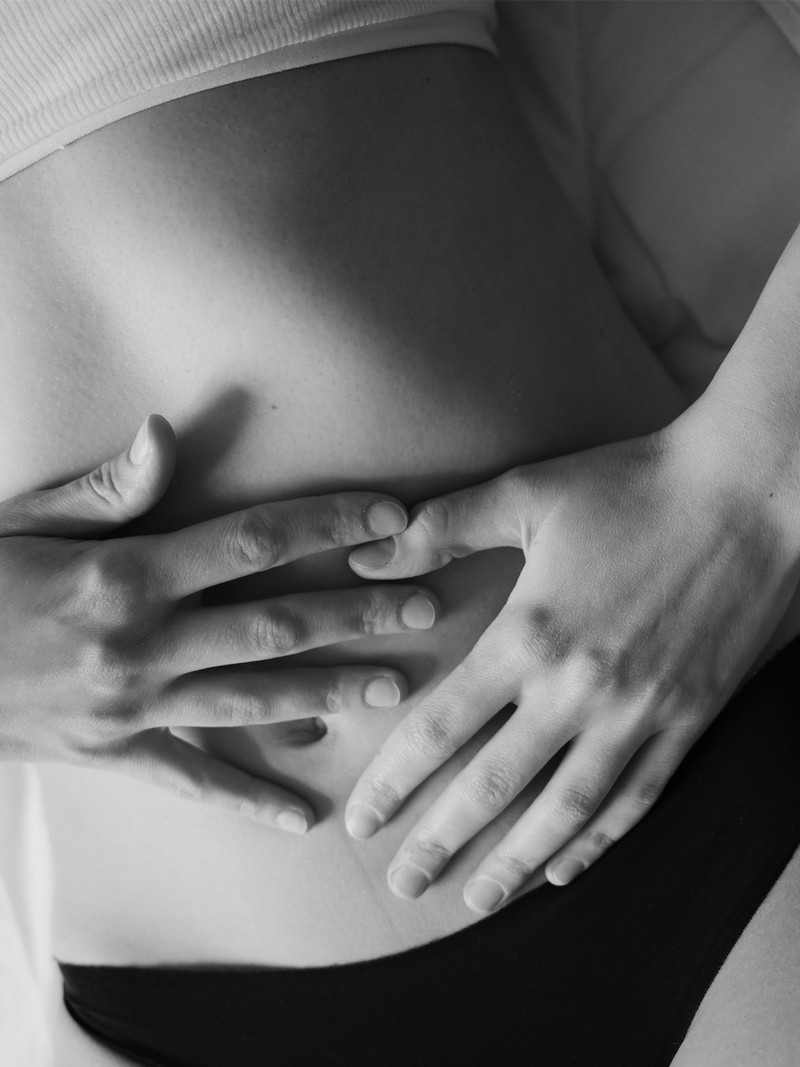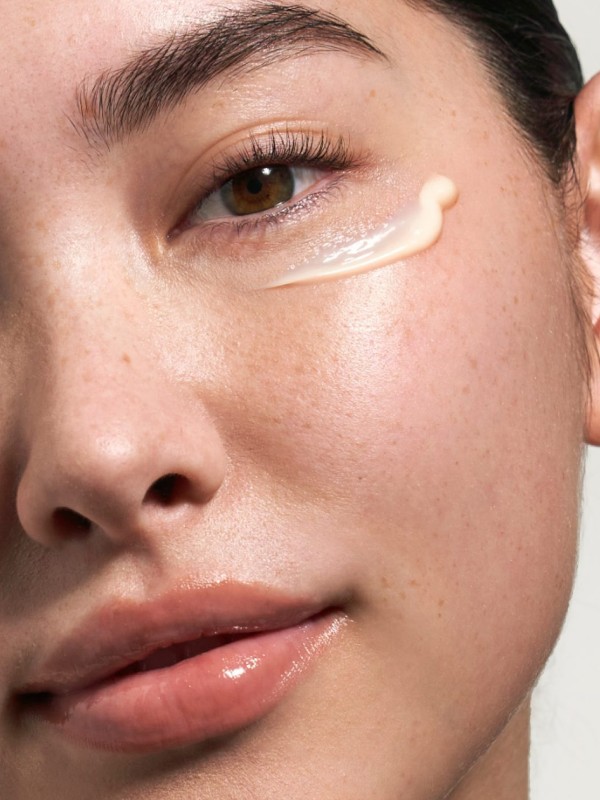The Best Ways To Beat Bloating
Rhian Stephenson
Naturopath, Nutritional Therapist & Funder Of Artah
“Often bloating is caused by dysbiosis, an imbalance of the good and bad bacteria in the microbiome, so addressing this can be incredibly helpful. ARTAH’s GI Cleanse has herbal anti-microbials, which have been shown to selectively inhibit pathogenic bacteria whilst nourishing beneficial bacteria. Food wise, try to increase intake of prokinetic foods. These are foods that support the motility of your gut. Raw ginger is my favourite for this; others include unsweetened soft prunes, pumpkin seeds, artichoke, golden kiwi, natural sauerkraut and turmeric.”
Visit Artah.co
Dr Vijay Murthy
Functional Medicine Doctor & Co-Founder Of Murthy Health
“Staying hydrated is key. Drinking water before and after meals can support your digestive system in functioning smoothly and preventing bloating. However, make sure to avoid excessive water intake during meals to maintain optimal digestive enzyme activity.
“Limit high-FODMAP foods and swap in probiotic-rich foods. Certain carbohydrates, like those found in beans, onions, and dairy, can ferment in the gut and cause bloating. Identifying and moderating these foods can lead to a flatter, more comfortable abdomen. Opt instead for fermented foods like yogurt, kefir, sauerkraut and kimchi, which introduce beneficial bacteria to your gut, promoting a healthy microbiome and reducing bloating. You may need to see a nutritionist or a functional medicine practitioner before you try introducing some of these foods.
“Engage in gentle physical activity post-meal. A short walk or light stretching can stimulate digestion and help move gas through the digestive tract, alleviating bloating and discomfort. An ancient ayurvedic proverb says, ‘Those who walk 100 steps after a meal will have the best digestion.’
“Practise mindful eating. Eating slowly and without distractions allows your body to properly signal fullness, preventing overeating and the subsequent bloating that can result from it. Harvard Medical School recommends taking 20 minutes to eat a meal without any distractions.”
Visit MurthyClinic.com
Hannah Alderson
Registered Nutritionist & Hormone Specialist
“Note where you are in your cycle. If oestrogen is dominant in relation to progesterone before a period, this can lead to water retention which can feel like bloating. Check in with your stress levels too. High cortisol can drive many functions that can lead to bloating, and it can impact how you detoxify. There is a famous saying: ‘stress stops detox’.
“Take time with your food, mindfully checking in before each meal. This can be a great opportunity to practise a little breathwork, like box breathing. Remind the body that you are about to enjoy a meal, then be in the present moment to enjoy it. Chew your food, and it could be an opportunity to explore sticking to three meals a day and avoid grazing in between meals. You may also want to think about drinking water away from mealtimes.
“If bloating occurs at most meals, don’t necessarily blame the food. Instead look at the environment the food is entering, i.e. your gut. It could be that there needs to be some TLC for your gut microbiome and gut lining.”
Visit HannahAlderson.com
Maz Packham
Nutritionist & Founder Of Nourishful Nutrition
“Don’t forget to chew your food. It’s such a simple tip but makes such a big difference if you are prone to bloating. Make a date with your lunch (ideally away from your phone or laptop) and aim to chew each mouthful at least ten times before swallowing. Chewing helps to break food into smaller pieces which are easier for your stomach to digest. More chewing also means more time for the digestive enzymes in your saliva to act on the food and optimise absorption of nutrients.
“Take three deep breaths before starting to eat a meal. This helps to put your body into a state of rest and digest, which helps support digestion and minimise the risk of bloating. If we eat when we’re feeling stressed, anxious or on the go, we don’t focus on the meal in hand, and this can decrease digestive enzyme production. Try to relax to make it easier for your food to pass through your digestive tract or you could experience bloating and trapped gas.
“I recommend keeping ARTAH’s Digest & Debloat bitter drops on hand to add to a small glass of water. Drink it 20 minutes before a meal. It contains bitter herbs like artichoke and dandelion root to stimulate digestive secretions like enzymes and stomach acid, which will help prepare for more effective digestion and minimise the chance of bloating.”
DISCLAIMER: Features published by SheerLuxe are not intended to treat, diagnose, cure or prevent any disease. Always seek the advice of your GP or another qualified healthcare provider for any questions you have regarding a medical condition, and before undertaking any diet, exercise or other health-related programme.
DISCLAIMER: We endeavour to always credit the correct original source of every image we use. If you think a credit may be incorrect, please contact us at info@sheerluxe.com.






